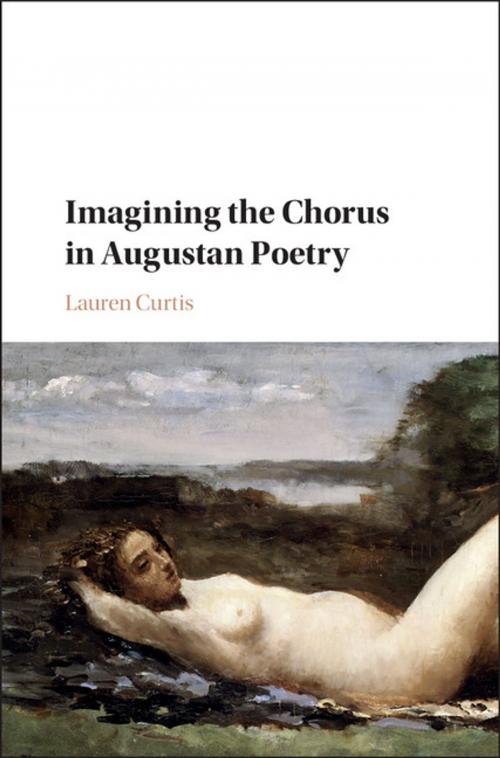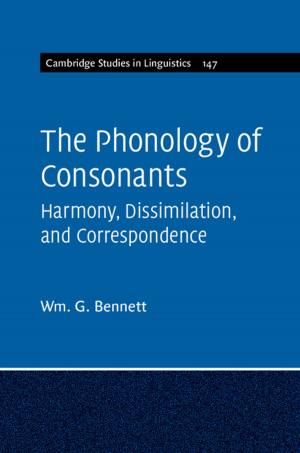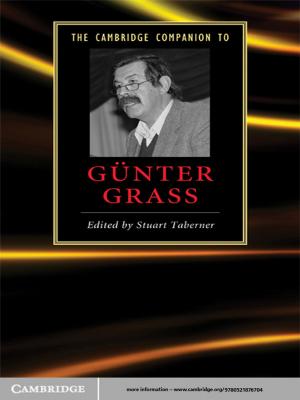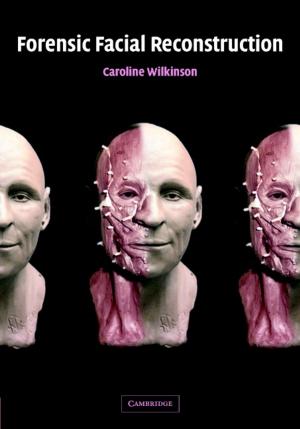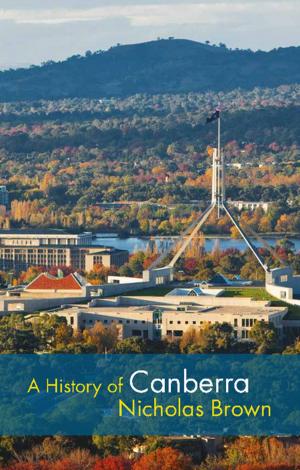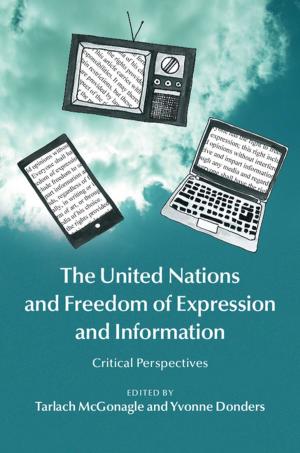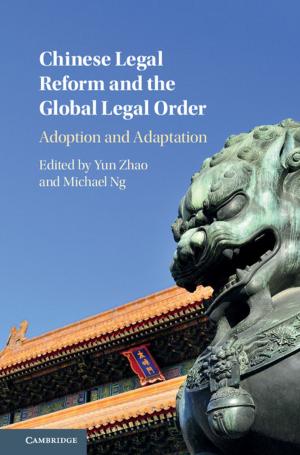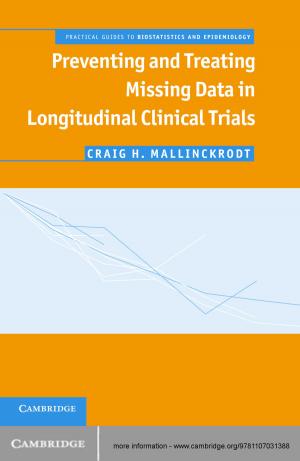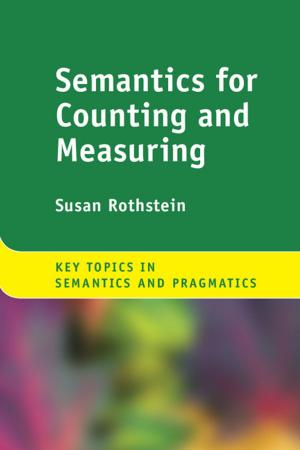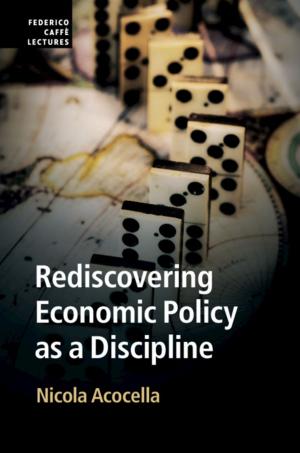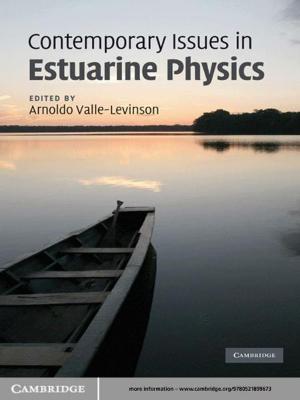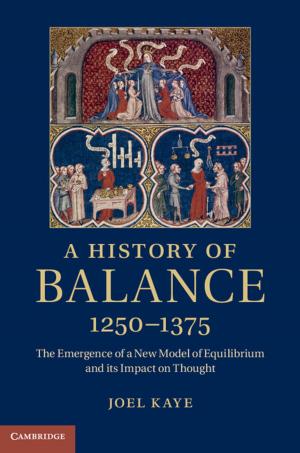Imagining the Chorus in Augustan Poetry
Fiction & Literature, Literary Theory & Criticism, Poetry History & Criticism, Nonfiction, History, Ancient History| Author: | Lauren Curtis | ISBN: | 9781108100090 |
| Publisher: | Cambridge University Press | Publication: | September 14, 2017 |
| Imprint: | Cambridge University Press | Language: | English |
| Author: | Lauren Curtis |
| ISBN: | 9781108100090 |
| Publisher: | Cambridge University Press |
| Publication: | September 14, 2017 |
| Imprint: | Cambridge University Press |
| Language: | English |
From archaic Sparta to classical Athens the chorus was a pervasive feature of Greek social and cultural life. Until now, however, its reception in Roman literature and culture has been little appreciated. This book examines how the chorus is reimagined in a brief but crucial period in the history of Latin literature, the early Augustan period from 30 to 10 BCE. It argues that in the work of Horace, Virgil, and Propertius, the language and imagery of the chorus articulate some of their most pressing concerns surrounding social and literary belonging in a rapidly changing Roman world. By re-examining seminal Roman texts such as Horace's Odes and Virgil's Aeneid from this fresh perspective, the book connects the history of musical culture with Augustan poetry's interrogation of fundamental questions surrounding the relationship between individual and community, poet and audience, performance and writing, Greek and Roman, and tradition and innovation.
From archaic Sparta to classical Athens the chorus was a pervasive feature of Greek social and cultural life. Until now, however, its reception in Roman literature and culture has been little appreciated. This book examines how the chorus is reimagined in a brief but crucial period in the history of Latin literature, the early Augustan period from 30 to 10 BCE. It argues that in the work of Horace, Virgil, and Propertius, the language and imagery of the chorus articulate some of their most pressing concerns surrounding social and literary belonging in a rapidly changing Roman world. By re-examining seminal Roman texts such as Horace's Odes and Virgil's Aeneid from this fresh perspective, the book connects the history of musical culture with Augustan poetry's interrogation of fundamental questions surrounding the relationship between individual and community, poet and audience, performance and writing, Greek and Roman, and tradition and innovation.
